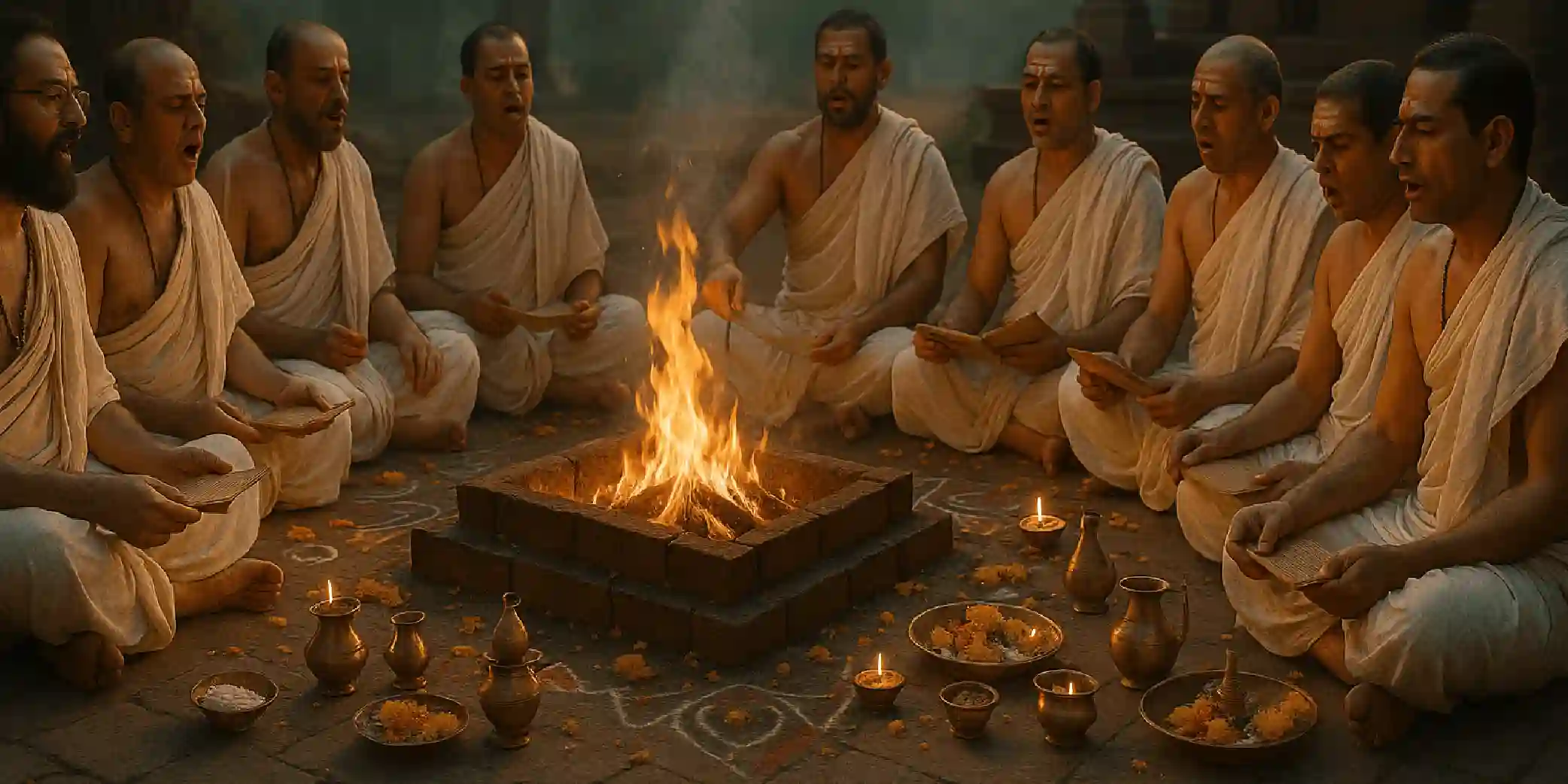Pandit/ Purohit/ Pujari

In Sanskrit, pandit
generally refers to any "wise, educated, or learned man" with
specialized knowledge. The term is derived from paṇḍ, which means "to
collect, heap, pile up", and this root is used in the sense of knowledge.
The term is found in Vedic and post-Vedic texts, but without any sociological
context.
In a puja, the Pandit
(or priest) plays a crucial role in facilitating the ritual and ensuring its
spiritual significance. Here are some key responsibilities of a Pandit:
Role of a Pandit in
Puja:
- Conducting
the Ritual: The Pandit leads the puja, performing the rituals and reciting
mantras to invoke the deity's presence.
- Knowledge of
Mantras and Rituals: Pandits are well-versed in the specific mantras,
prayers, and rituals required for each puja.
- Preparation
and Setup: They often help prepare the puja area, arrange the offerings,
and ensure everything is in order.
- Guiding the
Devotees: Pandits guide the devotees through the puja, explaining the
significance of each step and ensuring they participate correctly.
- Ensuring
Spiritual Significance: By performing the puja with precision and
devotion, Pandits help devotees connect with the divine and achieve the
desired spiritual benefits.
Pandits undergo
extensive training and study to master the complex rituals and mantras, making
them essential to many Hindu ceremonies and pujas.


